Which one is the most reactive towards electrophilic reagent?
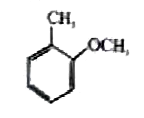
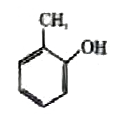
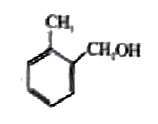
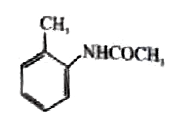
The correct Answer is:B
To determine which compound is the most reactive towards electrophilic reagents, we need to analyze the effects of the substituents on the aromatic ring. Here’s a step-by-step solution:
Step 1: Identify the Compounds
We need to identify the compounds provided in the options. Let's assume the options are:
1. CH3 (methyl group)
2. OCH3 (methoxy group)
3. OH (hydroxyl group)
4. NHCOCH3 (acetamido group)
Step 2: Understand the Effects of Substituents
- Electron-donating groups (EDGs): These groups increase the electron density of the aromatic ring, making it more reactive towards electrophiles. Examples include -OH and -OCH3, which exhibit a +M (mesomeric) effect.
- Electron-withdrawing groups (EWGs): These groups decrease the electron density of the aromatic ring, making it less reactive towards electrophiles. Examples include -CH3, which exhibits a -M (minus mesomeric) effect.
Step 3: Analyze Each Substituent
- CH3 (methyl group): This group is weakly electron-donating through hyperconjugation but overall has a -M effect, which deactivates the ring.
- OCH3 (methoxy group): This group is strongly electron-donating through resonance (+M effect), which activates the ring and increases reactivity towards electrophiles.
- OH (hydroxyl group): This group also has a +M effect, making the ring more reactive.
- NHCOCH3 (acetamido group): This group has a -M effect, which deactivates the ring.
Step 4: Compare Reactivity
- The OCH3 and OH groups both activate the aromatic ring significantly due to their +M effect.
- The CH3 and NHCOCH3 groups deactivate the ring due to their -M effect.
Step 5: Conclusion
Between the activating groups (OCH3 and OH), the methoxy group (OCH3) is generally considered more reactive due to its stronger +M effect compared to the hydroxyl group. Therefore, the compound that is most reactive towards electrophilic reagents is:
Answer: OCH3 (methoxy group)
---
We need to identify the compounds provided in the options. Let's assume the options are:
1. CH3 (methyl group)
2. OCH3 (methoxy group)
3. OH (hydroxyl group)
4. NHCOCH3 (acetamido group)
- Electron-donating groups (EDGs): These groups increase the electron density of the aromatic ring, making it more reactive towards electrophiles. Examples include -OH and -OCH3, which exhibit a +M (mesomeric) effect.
- Electron-withdrawing groups (EWGs): These groups decrease the electron density of the aromatic ring, making it less reactive towards electrophiles. Examples include -CH3, which exhibits a -M (minus mesomeric) effect.
- CH3 (methyl group): This group is weakly electron-donating through hyperconjugation but overall has a -M effect, which deactivates the ring.
- OCH3 (methoxy group): This group is strongly electron-donating through resonance (+M effect), which activates the ring and increases reactivity towards electrophiles.
- OH (hydroxyl group): This group also has a +M effect, making the ring more reactive.
- NHCOCH3 (acetamido group): This group has a -M effect, which deactivates the ring.
- The OCH3 and OH groups both activate the aromatic ring significantly due to their +M effect.
- The CH3 and NHCOCH3 groups deactivate the ring due to their -M effect.
Between the activating groups (OCH3 and OH), the methoxy group (OCH3) is generally considered more reactive due to its stronger +M effect compared to the hydroxyl group. Therefore, the compound that is most reactive towards electrophilic reagents is:
Topper's Solved these Questions
- HYDROCARBONSBOOK - PHYSICS WALLAHCHAPTER - HYDROCARBONSEXERCISE - NEET PAST 5 YEARS QUESTIONS
27 Videos
- HALOALKANES AND HALOARENES BOOK - PHYSICS WALLAHCHAPTER - HALOALKANES AND HALOARENES EXERCISE - NEET PAST 5 YEARS QUESTIONS
7 Videos
- HYDROGENBOOK - PHYSICS WALLAHCHAPTER - HYDROGENEXERCISE - LEVEL-2
58 Videos
Similar Questions
Knowledge Check
Which one is most reactive towards electrophilic reagent
A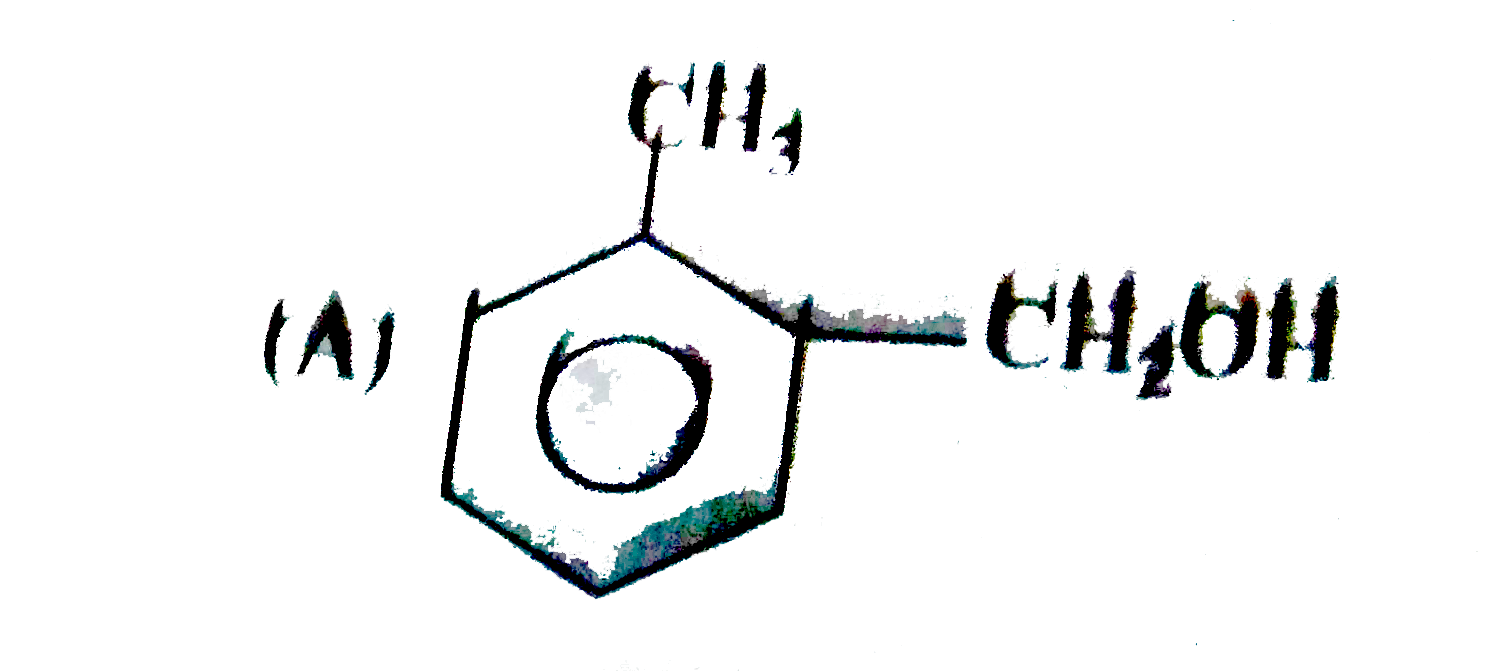 B
B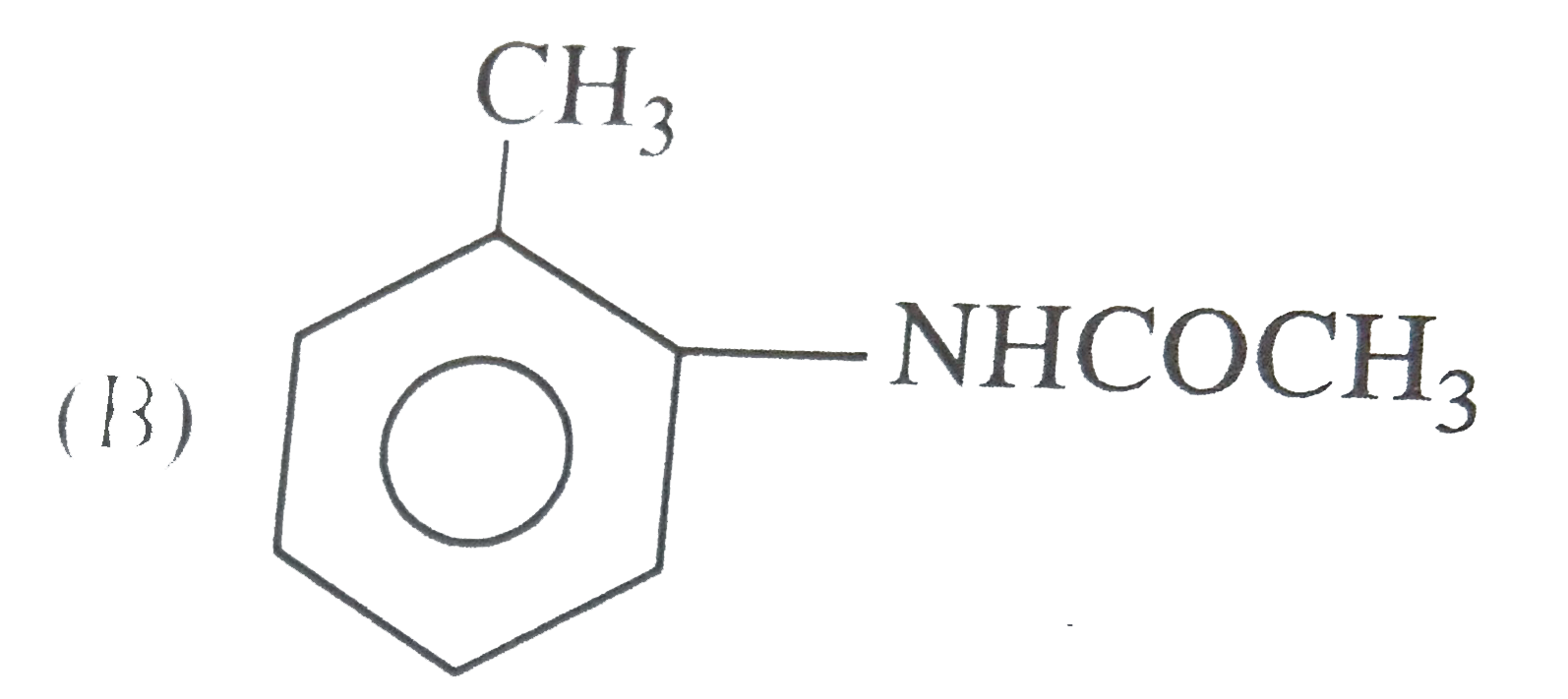 C
C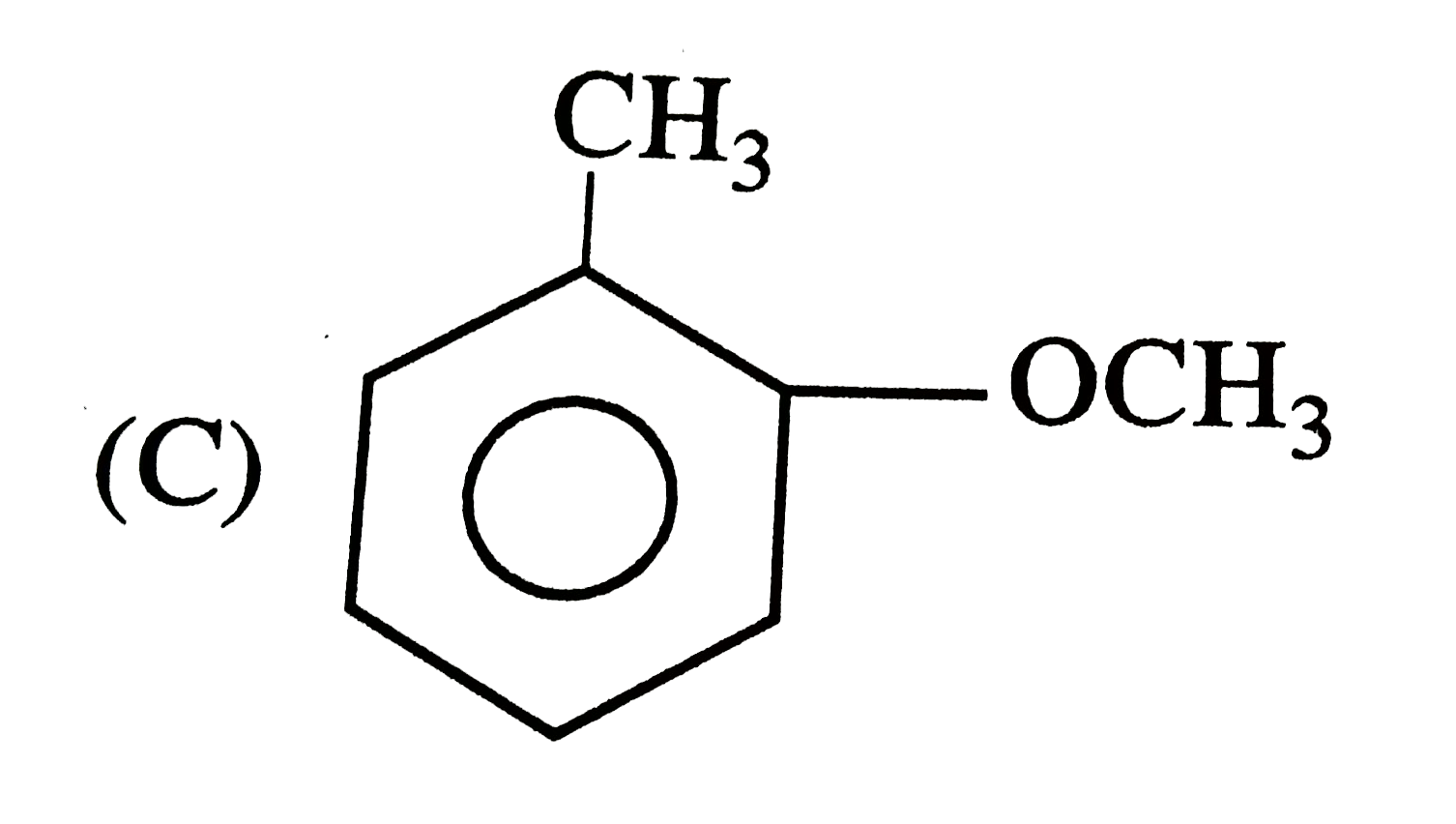 D
D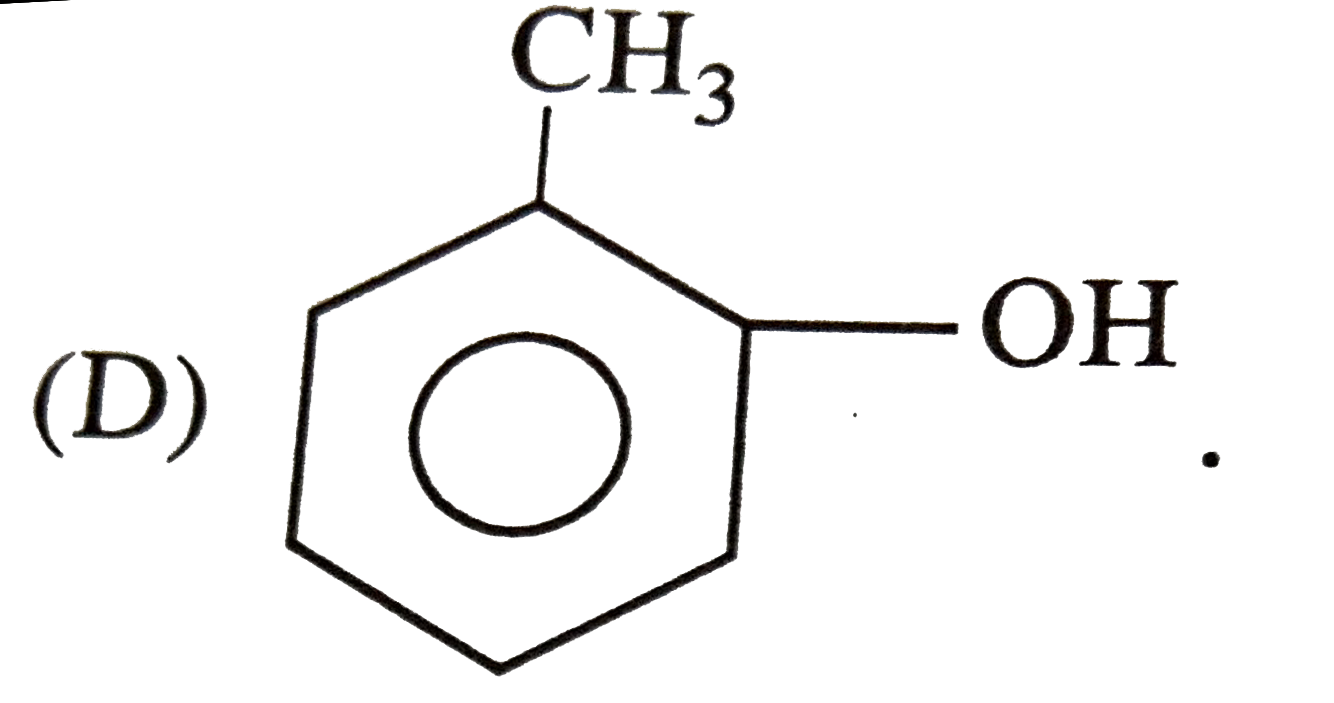
Which one is the most reactive towards electrophilic reagent?
A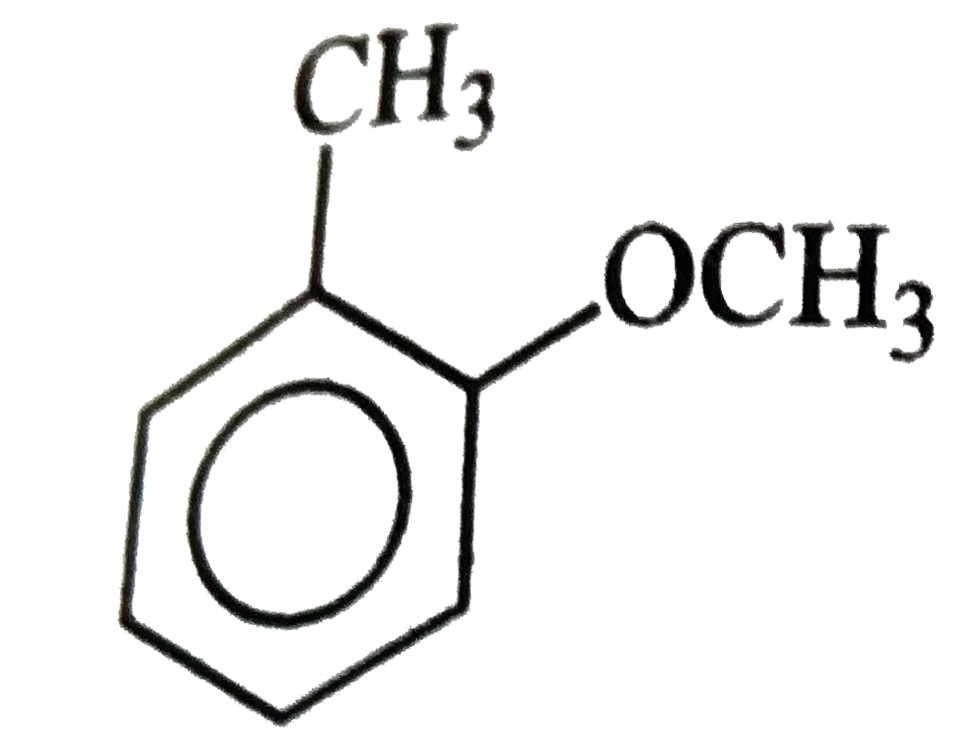 B
B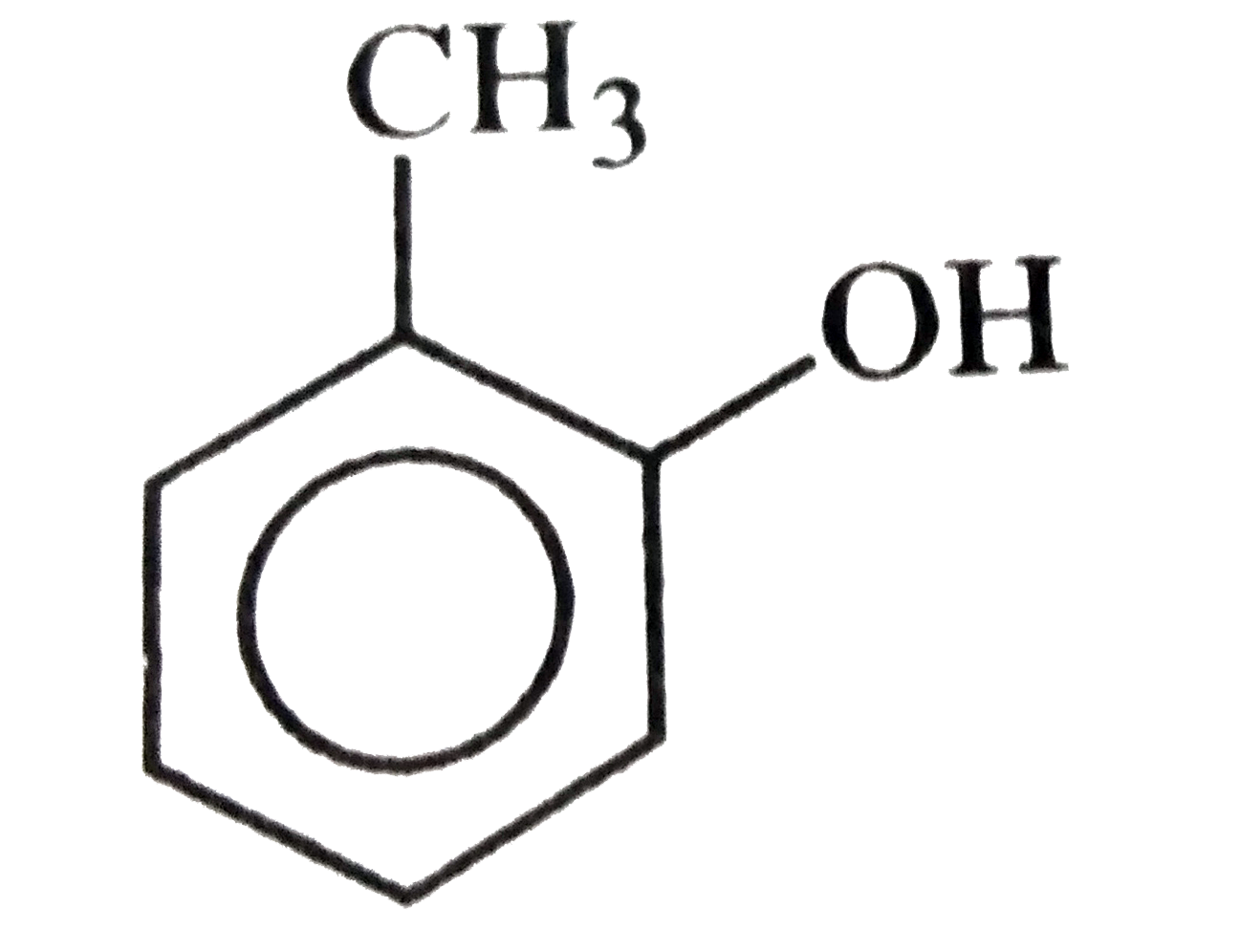 C
C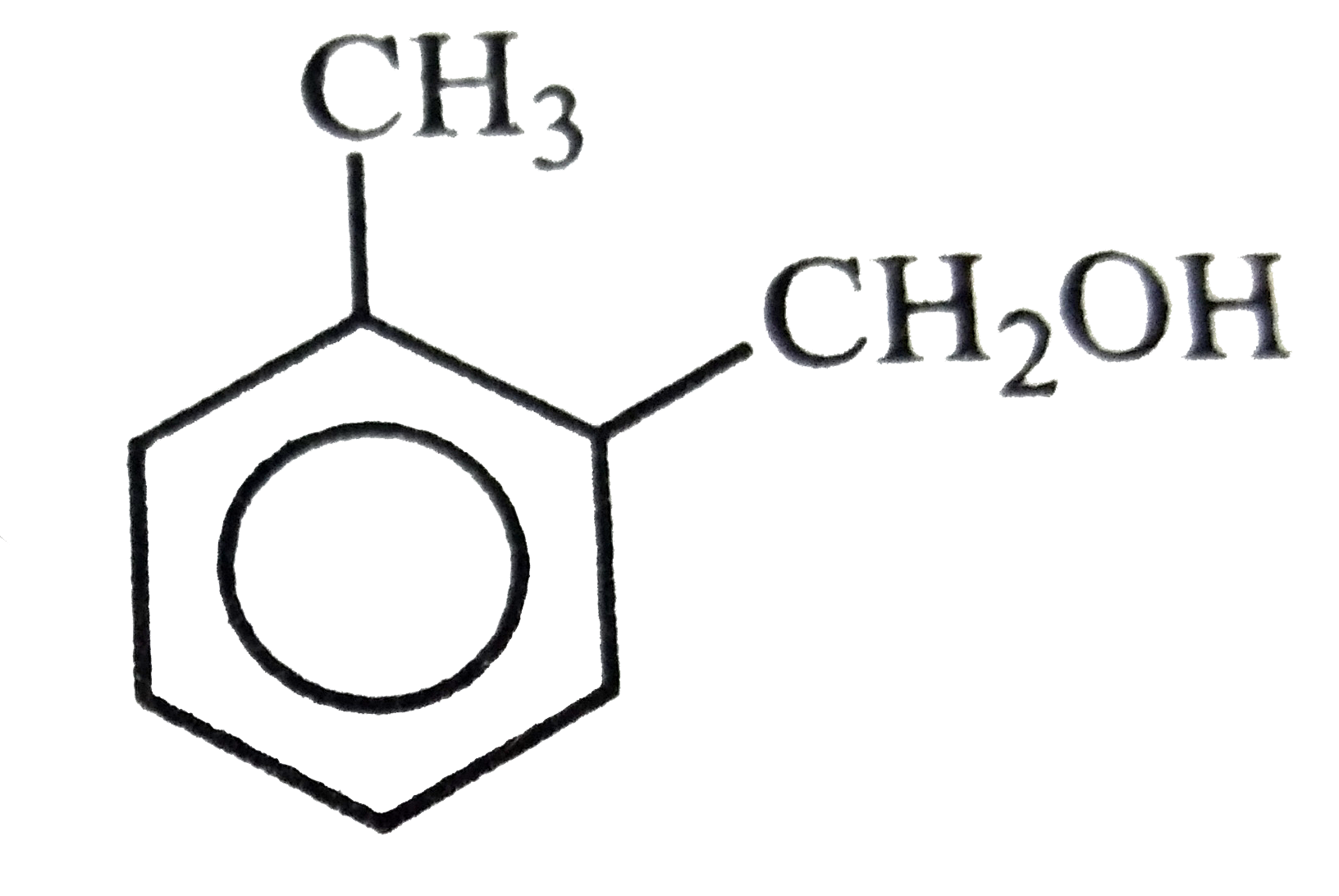 D
D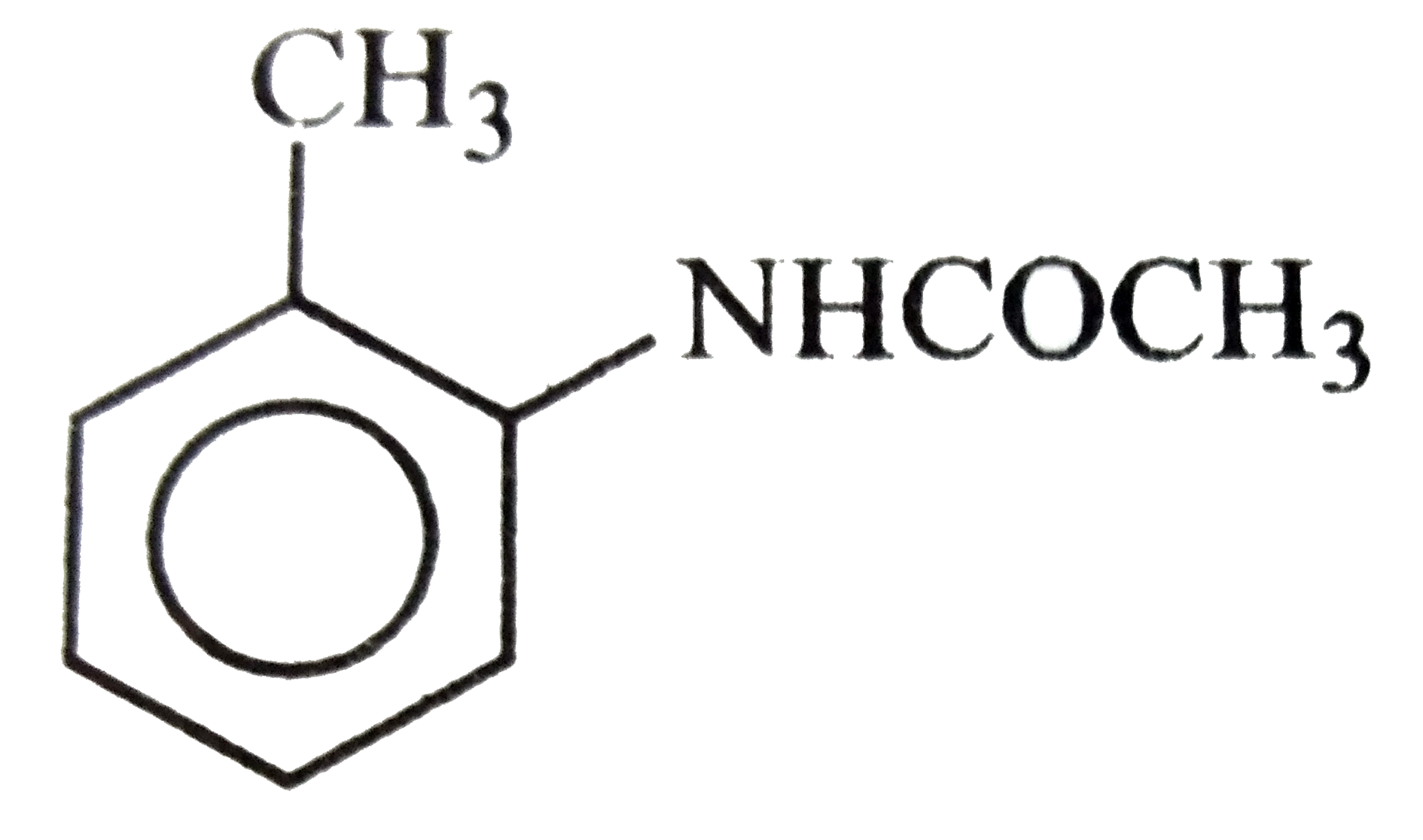
Towards electrophilic reagents
Aethane is more reactive than ethyneBethen is less reactive than ethyneCboth are equally reactiveDreactivity of both cannot be predicated
Which one of the following is most reactive toward electrophilic reagent?
View SolutionWhich one of the following is most reactive towards electrophilic reagent ?
View SolutionWhich one of the following is most reactive towards electrophilic reagent ?
View SolutionWhich one of the following is most reactive towards electrophilic reagent ?
View SolutionWhich one of the followingis the most reactive towards electrophilic attack?
View Solution
